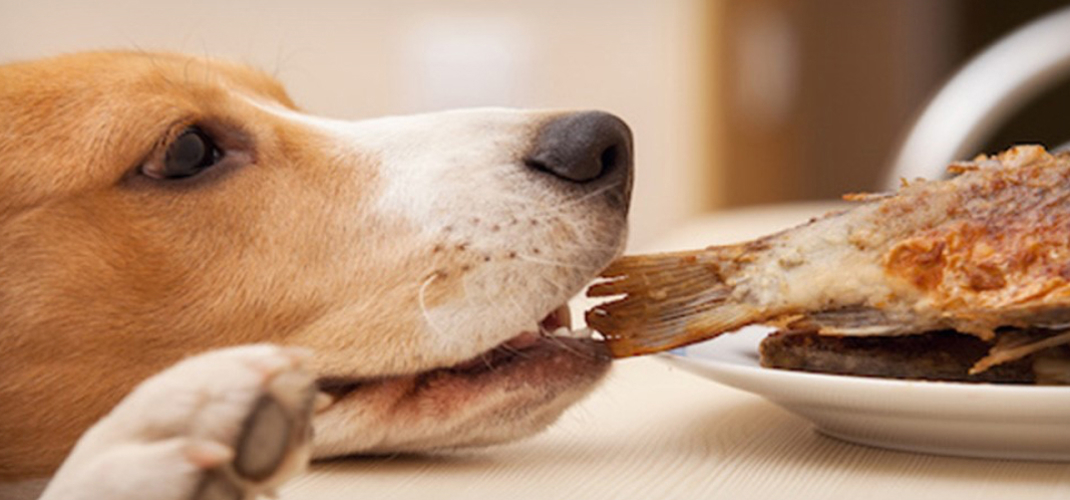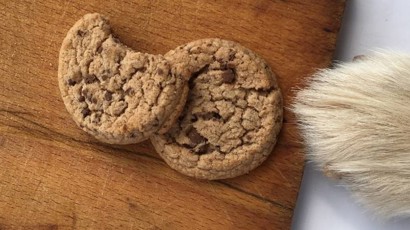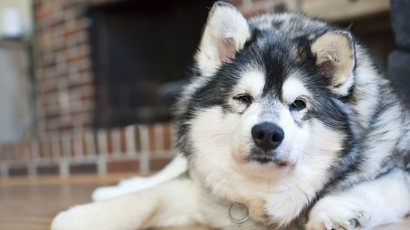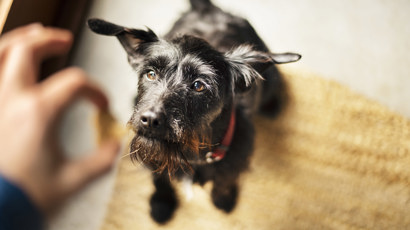Doggy Dieting Tips

Your beloved dog staring up at you with those cute eyes while you eat. It is tempting to feed them the leftover piece of fat from the steak, or bone from the chop. The dog loves it, there’s less wastage, it’s a win-win situation, right?
Incorrect.
A sudden increase in the amount of fat in the diet can cause gastroenteritis. In dogs that are sensitive to high-fat diets, pancreatitis can develop. It has similar symptoms but they get sicker, faster. Standard schnauzers seem more prone to this.
Bones, especially small sharp ones, can cause more problems than they are worth. They can get stuck across the hard palate of the mouth, causing distress and discomfort, become lodged in the oesophagus, stomach or intestine, perforate the intestine, causing massive abdominal infection (peritonitis) or break into smaller sharp pieces and cause pain or constipation. Any of these will make your dog very ill and in need of extensive treatment... costing you thousands of dollars in vet fees.
If you visit someone with a dog check before giving leftovers/treats, as some dogs have specific dietary requirements that may be upset if they eat something different.
Signs of intestinal obstruction or perforation
These can include lack of appetite, lethargy, depression, a hunched back from abdominal pain, vomiting or collapse. If you suspect your dog has swallowed a bone and is unwell in any way, quickly take it to a vet.
Signs of simple gastroenteritis and pancreatitis
These can range from mild diarrhoea (loose stool), to profuse vomiting, diarrhoea and abdominal pain. Both conditions, no matter how mild, warrant a veterinary check, and usually require changing to a specific diet. If your dog has lost its appetite, has blood in its stool or vomit or has vomited multiple times, see the veterinarian as soon as possible (even if it is after hours).
Other human food that can cause problems for pets includes grapes, raisins, avocados, egg whites, macadamia nuts, onions and garlic.
Even if you decide against offering leftovers, dispose of the remains in a dog-proof bin as many dogs will raid bins to get scraps, which could be even worse as you may not realise this has happened. The two main culprits of “garbage disease” are bones and corn cobs. Corn cobs seldom pass through into the faeces due to their size and rough surface. Intestinal surgery to remove these cobs can be costly.


